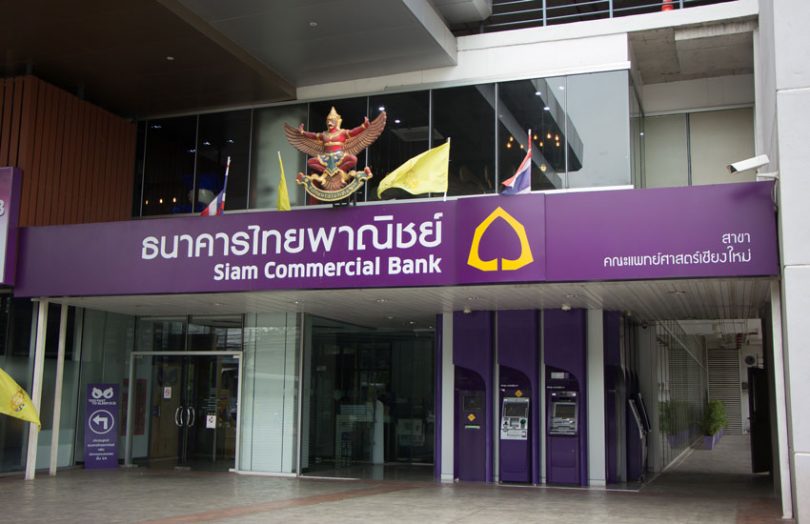Thailand’s Siam Commercial Bank (SCB) has leveraged RippleNet to upgrade the mobile app SCB Easy for an instant, low-cost cross-border payment solution.
SCB’s SVP of Commercial Banking, Arthit Sriumporn, demonstrated the app at Ripple’s annual Swell conference. He successfully sent money to the recipient’s bank account within 40 seconds. Launched in 2017, SCB Easy had 9 million users at the end of 2018.
“It is so difficult to send and receive money today. People must physically go to a bank branch, fill out long and complicated forms and wait for payments to be received—with no transparency,” said Sriumporn. “With our service, their loved ones from abroad can transfer payment and receive money immediately,”
The 112-year-old SCB is Thailand’s first domestic bank and had assets of 3,187 billion baht ($105 billion) and operating income of 138.2 billion baht ($4.6 billion) in 2018. In terms of assets it’s Thailand’s biggest bank. With SCB Easy, the bank aims to improve customer experience and bank penetration in other countries.
This year, SCB plans to expand into Cambodia, Laos, Myanmar and Vietnam, where less than 35% of the population have bank accounts. One of the features of SCB Easy is that it allows opening new accounts online, without actually visiting a physical location.
Additionally, SCB and Ripple are working together to offer EMVCo QR payments thought the app. EMVCo is a global body working on making QR payments standard across the world. With this integration, the plan is that anyone using the SCB Easy app within Southeast Asia can make payments in another country without using the local currency.
U.S.-based Ripple has developed a blockchain payments network called RippleNet, which is an alternative to the SWIFT messaging system. The other solution by Ripple, On-demand Liquidity (ODL), leverages XRP for fund transfers.
SCB was the first member to trial RippleNet’s ‘multi-hop’ feature, which allows banks to receive and forward a payment without a bilateral relationship between the originator and beneficiary institutions. This significantly reduces the transaction costs as currencies don’t have to be converted multiple times.
Last month, Ripple announced it raised $200 million in a Series C round led by Tetragon. Japan’s SBI Holdings also participated in the funding round.
In Southeast Asia, Vietnam’s TPBank became the first Vietnamese bank to join RippleNet. It later launched a remittance service between Vietnam and Japan in collaboration with SBI Ripple Asia.







